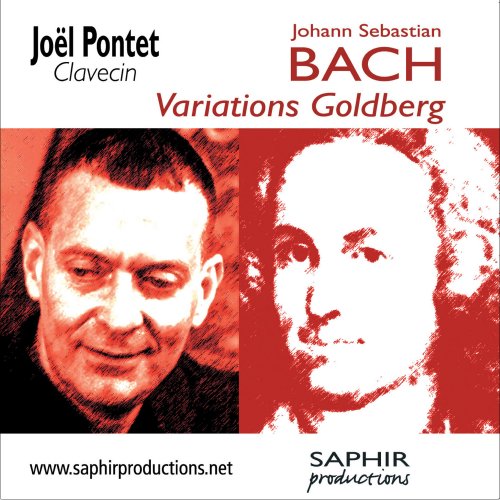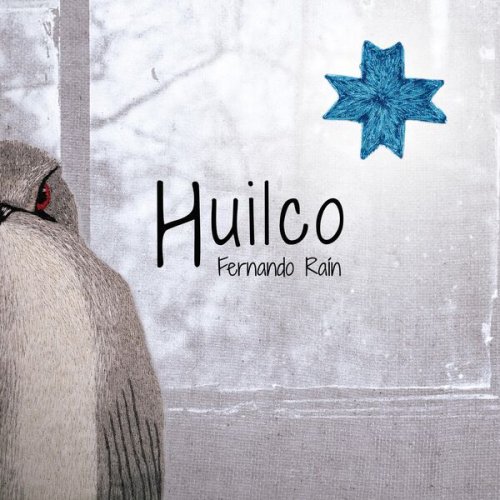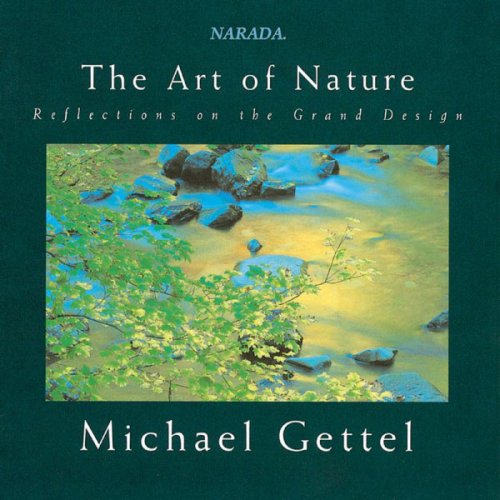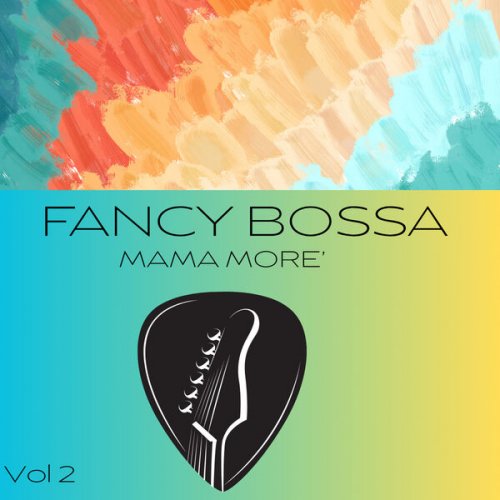Joël Pontet - Johann Sebastian Bach: Variations Goldberg BWV 988 (2012) [Hi-Res]

Artist: Joël Pontet
Title: Johann Sebastian Bach: Variations Goldberg BWV 988
Year Of Release: 2012
Label: Saphir Productions
Genre: Classical Harpsichord
Quality: flac lossless (tracks) / flac 24bits - 44.1kHz +Booklet
Total Time: 01:16:41
Total Size: 550 / 934 mb
WebSite: Album Preview
TracklistTitle: Johann Sebastian Bach: Variations Goldberg BWV 988
Year Of Release: 2012
Label: Saphir Productions
Genre: Classical Harpsichord
Quality: flac lossless (tracks) / flac 24bits - 44.1kHz +Booklet
Total Time: 01:16:41
Total Size: 550 / 934 mb
WebSite: Album Preview
01. Aria
02. Variation 1
03. Variation 2
04. Variation 3: Canone all’Unisuono
05. Variation 4
06. Variation 5
07. Variation 6: Canone alla Seconda
08. Variation 7: al tempo di Giga
09. Variation 8
10. Variation 9: Canone alla Terza
11. Variation 10: Fughetta
12. Variation 11
13. Variation 12: Canone alla Quarta
14. Variation 13
15. Variation 14
16. Variation 15: Andante - Canone alla Quinta
17. Variation 16: Ouverture
18. Variation 17
19. Variation 18: Canone alla Sesta
20. Variation 19
21. Variation 20
22. Variation 21: Canone alla Settima
23. Variation 22: Alla breve
24. Variation 23
25. Variation 24: Canone all’Ottava
26. Variation 25: Agadio
27. Variation 26
28. Variation 27: Canone alla Nona
29. Variation 28
30. Variation 29
31. Variation 30: Quodlibet
32. Aria da capo e fine
![Joël Pontet - Johann Sebastian Bach: Variations Goldberg BWV 988 (2012) [Hi-Res]](https://www.dibpic.com/uploads/posts/2022-02/1644825041_jol-pontet-bach-variations-goldberg-bwv-988-2012-back.jpg)
In 1802, Johann Nikolaus Forkel, Bach's first biographer, related the legend of the origin of the Goldberg Variations, thus contributing considerably to the work's fame. They were allegedly the object of a commission from Count Kayserling, former ambassador of Russia to the court of the Elector of Saxony. The Count, suffering from insomnia, had a former student of Bach's in his service, the young Johann Gottlieb Goldberg, who played the harpsichord to divert him during his sleepless nights. He never wearied of hearing 'his' variations that, according to the story, were composed in exchange for a golden goblet filled with gold coins. Forkel's account is pure fiction. Contrary to custom, Bach left no dedication on the frontispiece of the edition. In addition, it is unlikely that Goldberg, aged 14 at the time, could have performed such a difficult work! Finally, although the coins could have been spent, there is no trace to be found of the golden goblet in the inventory of the composer's belongings drawn up after his death. However, the Goldberg Variations bear witness to the Cantor of Leipzig's genius, then at its peak, combining peerless performing feats and the unequalled art of a refined, scholarly composition.
These variations for harpsichord occupy an exceptional place in Bach's catalogue, constituting, in a sense, the fourth part of the Clavier Übung and opening the way for the great speculative works: the Musical Offering, Canonic Variations and Art of Fugue. In his important study devoted to Bach, musicologist Alberto Basso places this composition of 1741 midway between musical practice and theoretical music, describing it as Ars Artificialis. This aria and its thirty variations put the finishing touches to Bach's experimenting at the keyboard, exploiting the variation form to the exhaustion of the theme.





![Tomasz Stańko - Piece for Diana and Other Ballads (Polish Radio Sessions vol. 1/6) (2025) [Hi-Res] Tomasz Stańko - Piece for Diana and Other Ballads (Polish Radio Sessions vol. 1/6) (2025) [Hi-Res]](https://www.dibpic.com/uploads/posts/2025-12/1765788761_cover.jpg)
![NYO Jazz - Live in Johannesburg (Live) (2025) [Hi-Res] NYO Jazz - Live in Johannesburg (Live) (2025) [Hi-Res]](https://www.dibpic.com/uploads/posts/2025-12/1765894703_zwp14vk90corb_600.jpg)

